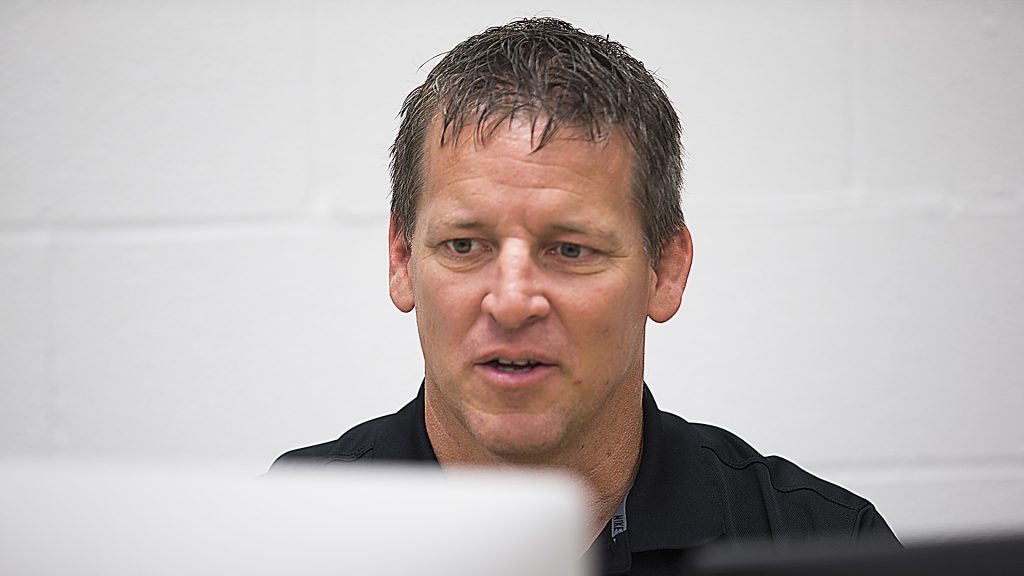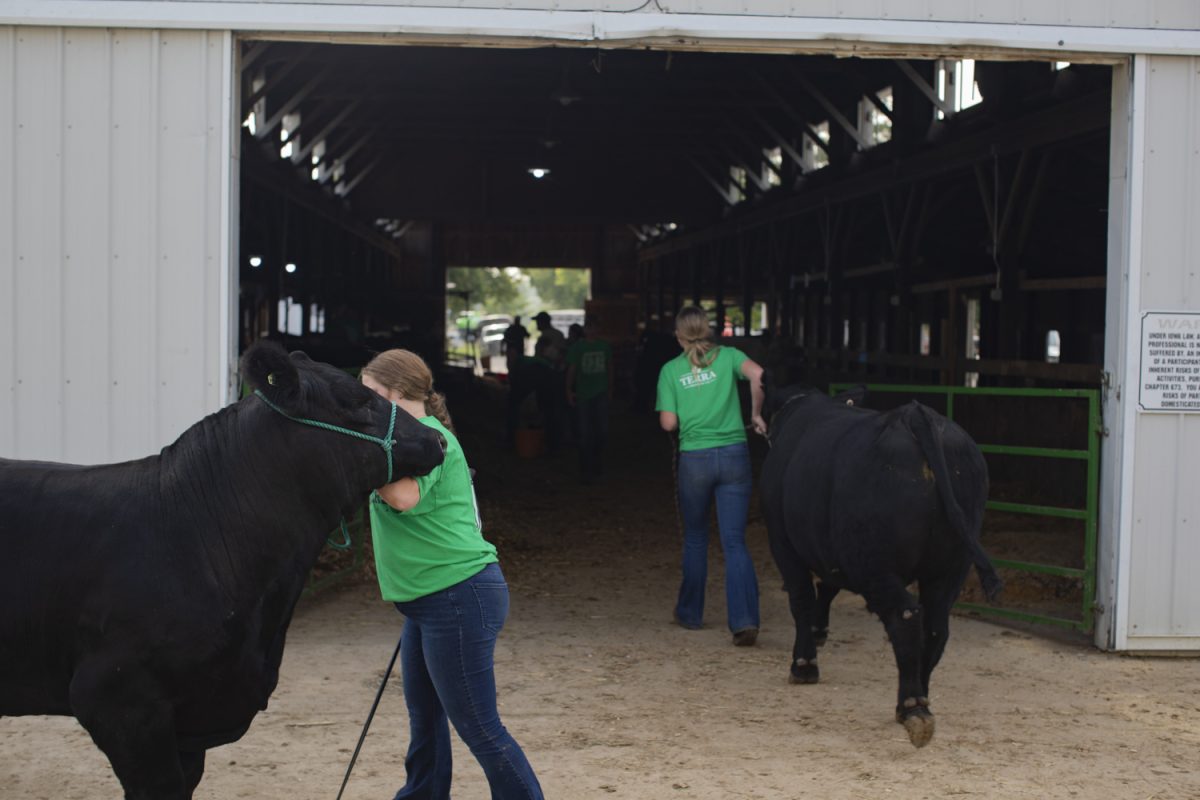Faculty at the University of Iowa are working to strengthen the workforce of secondary-school teachers in the STEM field with the help of a National Science Foundation grant.
“We want students, especially at the high-school level, to have well-qualified teachers,” said Nicole Becker, a UI assistant professor of chemistry and principal investigator on the grant.
Under the grant, awarded in March 2016, faculty from the College of Liberal Arts & Sciences and the College of Education work to develop a scholarship program that encourages students to specialize in a field of science and pursue a teaching degree, while pairing the teacher with a high-need school district after graduation.
The program, called the Robert Noyce Teacher Scholarship Program, offers $12,000 to each student annually. The first class of scholars graduated in the spring, earning M.A.s in teaching.
Earning the degree is usually done in one of two ways. The first is a fast-track “4+1” program in which a student can earn both a B.A. in a science field and an M.A. in teaching in five years.
By encouraging scholars in the 4+1 program to earn an undergraduate degree in a field of science rather than a science-education degree, their additional knowledge of the chosen field will better prepare them to teach that subject.
“It gives the teachers an additional depth of expertise,” Becker said.
Alternately, students who have finished their undergraduate degrees can come back to school and pursue an M.A. in teaching. This is what Magdaly Santos-Villalobos chose to do. She was in the first group of students to receive the Noyce Scholarship and graduated in the spring with a master’s degree.
“The possibility of the scholarship gave me the incentive to take the risk,” said Santos-Villalobos.
RELATED: UI transforming K-12 science education in Iowa
After working as an electrical engineer, she saw the scholarship as an opportunity to combine her field of work with a career path that she hadn’t previously considered.
However, the scholarship program is more than just a relief of the financial burden that comes with earning a degree. In addition to the money awarded, scholars in the program also have the opportunity to participate in professional development workshops. These workshops focus on integrating the new Iowa Science Standards, which emphasize real-world knowledge and critical thinking into teaching.
“The entire premise of the Iowa Science Standards involves crosscutting concepts into science and engineering practices,” said Ted Neal, a clinical associate professor of education and co-principal investigator on the grant. “These are things like patterns, which go across all different domains of science.”
Students in the program also receive mentoring experiences from former Noyce scholars. The current Noyce program is the second of its kind, after the first ended in 2013. Upon entering the program, students are paired with a practicing teacher in the area, many of whom are former Noyce scholars, who can help guide them through the degree program and into the workforce.







